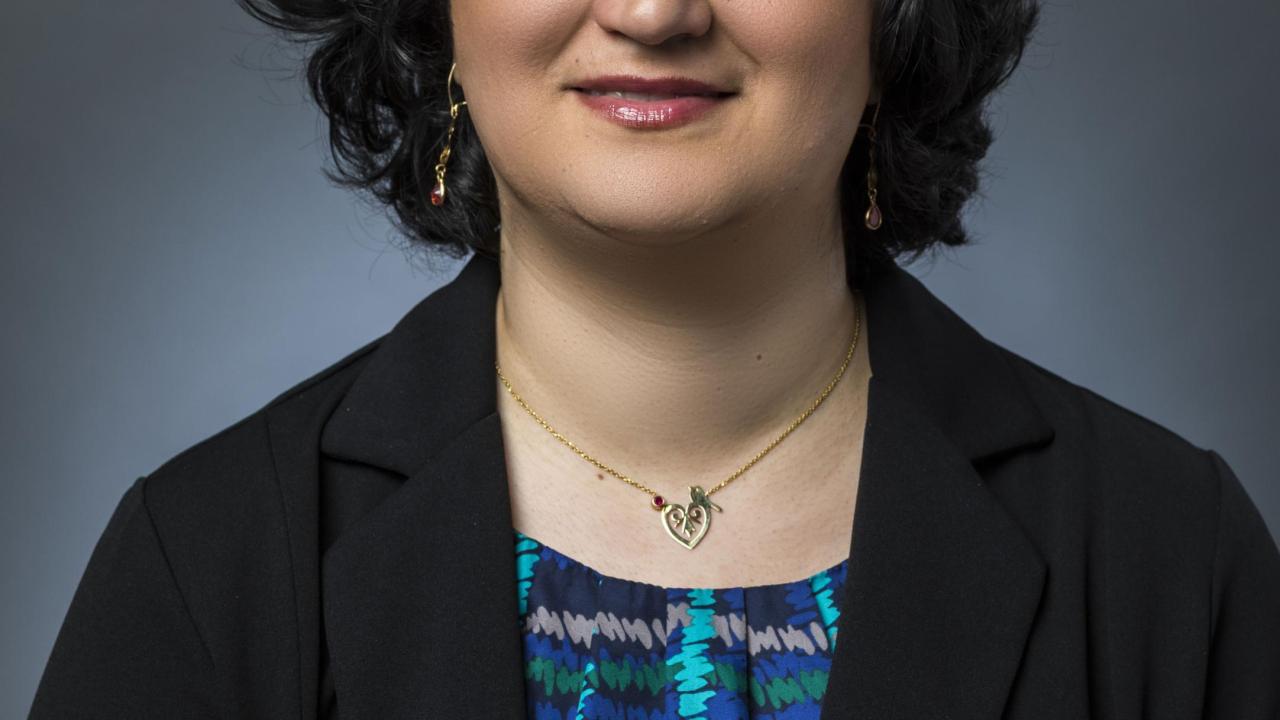
Event Date
A recording of this presentation is available at this link.
AZADEH YAZDAN-SHAHMORAD, PH.D.
Washington Research Foundation Innovation Assistant Professor of Neuroengineering
Weill Neurohub Investigator
Department of Bioengineering
Department of Electrical and Computer Engineering
Washington National Primate Research Center
University of Washington
Hosts: Audrey Fan, PhD (apfan@ucdavis.edu) and Erkin Seker, PhD (eseker@ucdavis.edu)
This event has both in-person and remote options. Please follow the safety precautions in effect at the time of the event (link).
Registration link:
https://tinyurl.com/NeuroengFeb23
Abstract
The brain shows marked plasticity across a variety of learning and memory tasks as well as during recovery after injury. Many have proposed to leverage this innate plasticity using brain stimulation to treat neural disorders. Implementing such treatments requires advanced engineering tools and a thorough understanding of how stimulation-induced plasticity drives changes in network dynamics and connectivity at a large scale and across multiple brain areas. In this talk, I will present my lab's efforts to investigate targeted stimulation of primate cortex to drive cortical plasticity towards functional recovery. We have developed large-scale interfaces consisting of state-of-the-art electrophysiology and optogenetics to simultaneously record and manipulate activity from about 5 cm2 of cortex in awake behaving macaques. Using this interface, for the first time, we have shown the feasibility of inducing targeted changes in sensorimotor networks using optogenetics. Furthermore, we have incorporated the capability of producing ischemic lesions in the same interface enabling us to stimulate the cortex around the site of injury and monitor functional recovery via changes in blood flow, neurophysiology, and behavior. Currently we are using these technologies towards developing therapeutic interventions for neurological disorders such as stroke.
Bio
Dr. Azadeh Yazdan-Shahmorad received her Bachelor’s degree in Biomedical Engineering at Amirkabir University of Technology and her Master's degree in Electrical Engineering at the University of Tehran in Iran. She then moved to the United States and earned her Ph.D. in Biomedical Engineering from the University of Michigan in Ann Arbor, Michigan. Afterwards, she pursued her Postdoctoral Fellowship in Systems Neuroscience at the University of California, San Francisco (UCSF). Dr. Yazdan-Shahmorad joined the University of Washington in the Fall of 2017 as the Washington Research Foundation Innovation Assistant Professor of Neuroengineering in the departments of Bioengineering, and Electrical & Computer Engineering. Throughout her career, Dr. Yazdan has developed new tools and techniques for investigating brain function and plasticity using advanced neuromodulation technologies. Her long-term goal is to use neural technologies to develop stimulation-based therapies to help restore function and mobility in people with neurological disorders such as stroke.
Dr. Yazdan-Shahmorad is the recipient of the 2014 IEEE Brain Grand Challenges Young Investigator Award, the 2018 Interdisciplinary Rehabilitation Engineering Research Career Development Award and the 2022 American Heart Association Career Development Award. Her research in targeted sensorimotor plasticity was selected as a Hot Topic of 2016 by the Society for Neuroscience. She is also currently a Weill Neurohub Investigator, a program aimed to foster cross-campus, interdisciplinary teams of researchers to explore, create, and test bold new concepts and technologies for treating neurological and psychiatric diseases. Dr. Yazdan has recently received an Excellence in Mentorship Award from the University of Washington Bioengineering Department as well as the Junior Faculty Award from the University of Washington College of Engineering.
